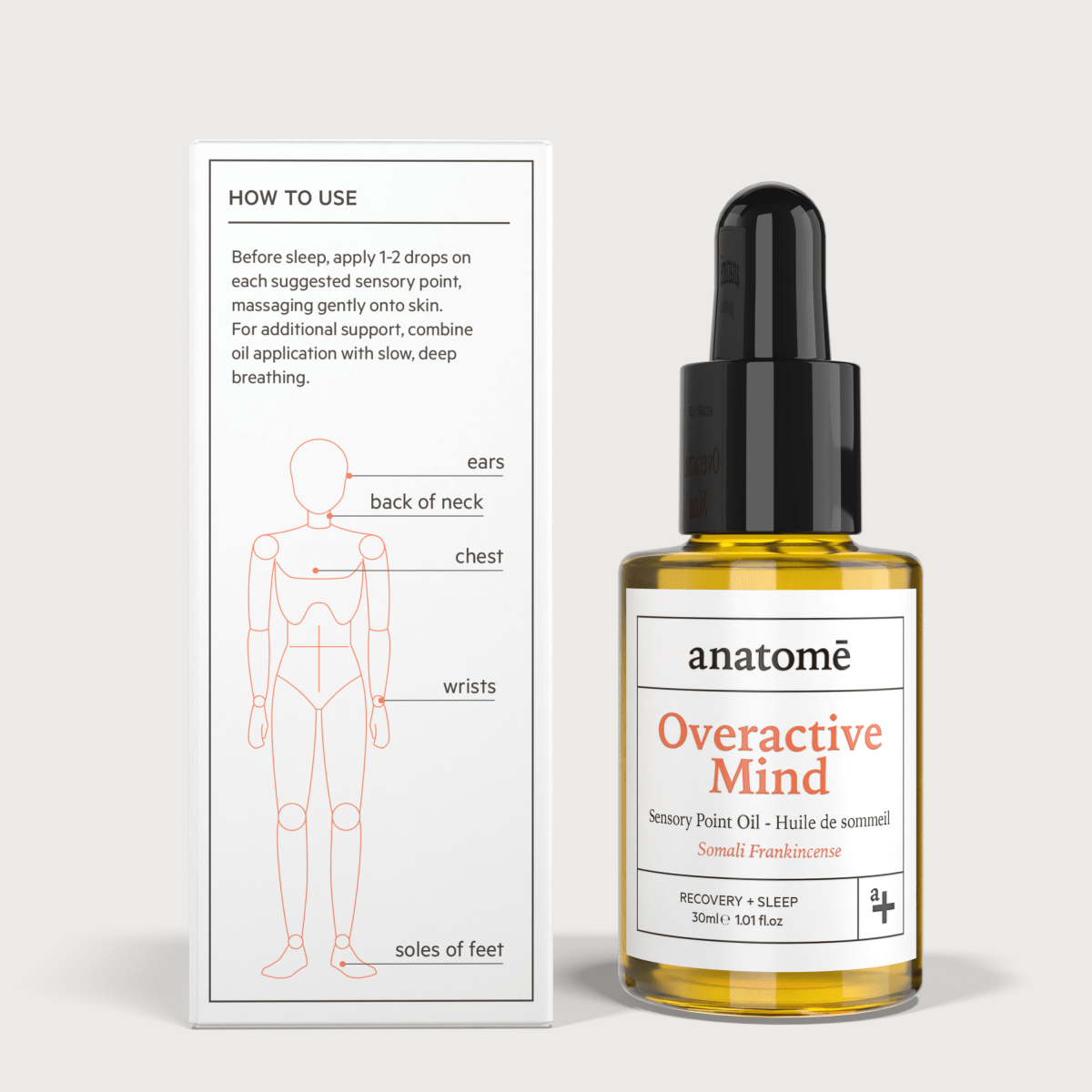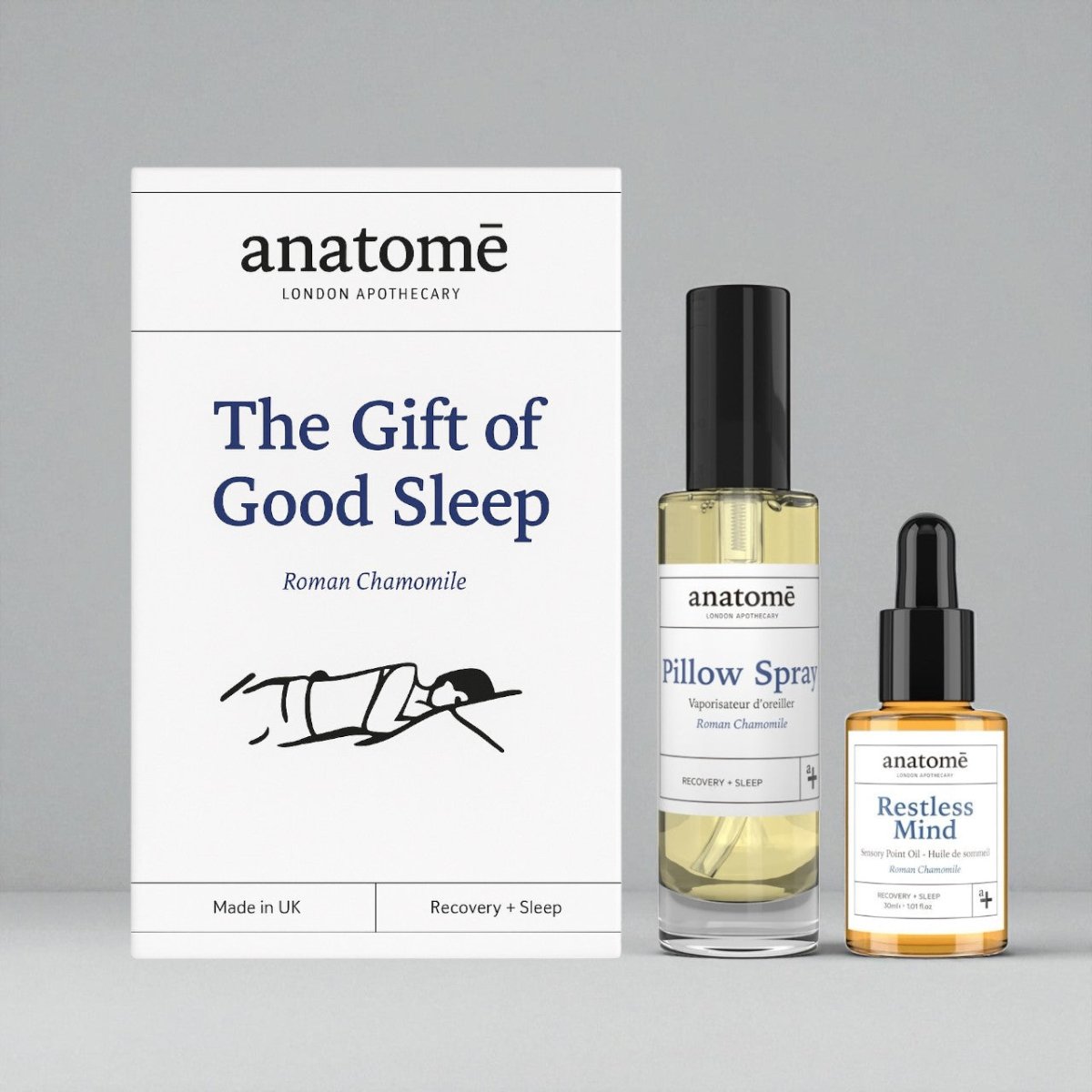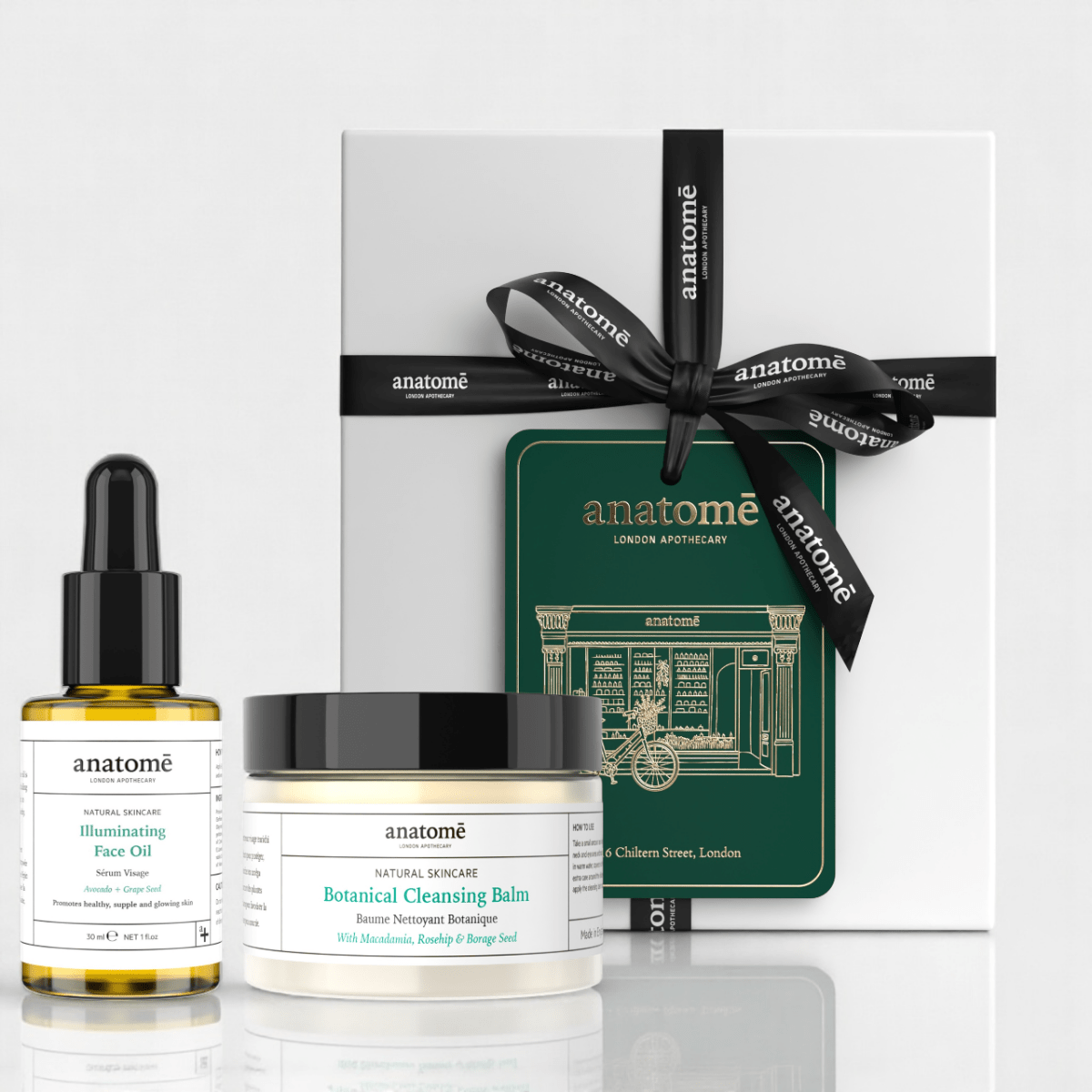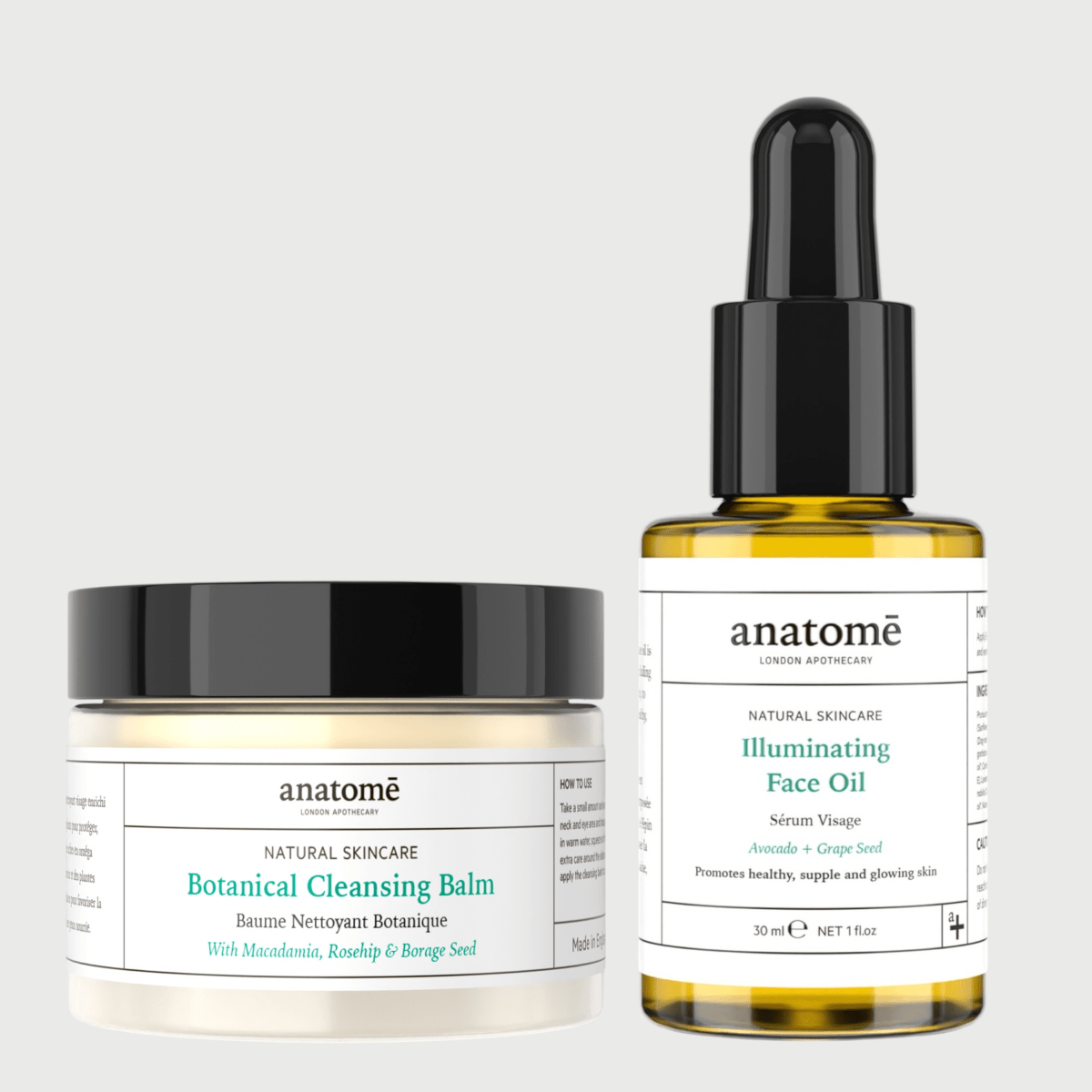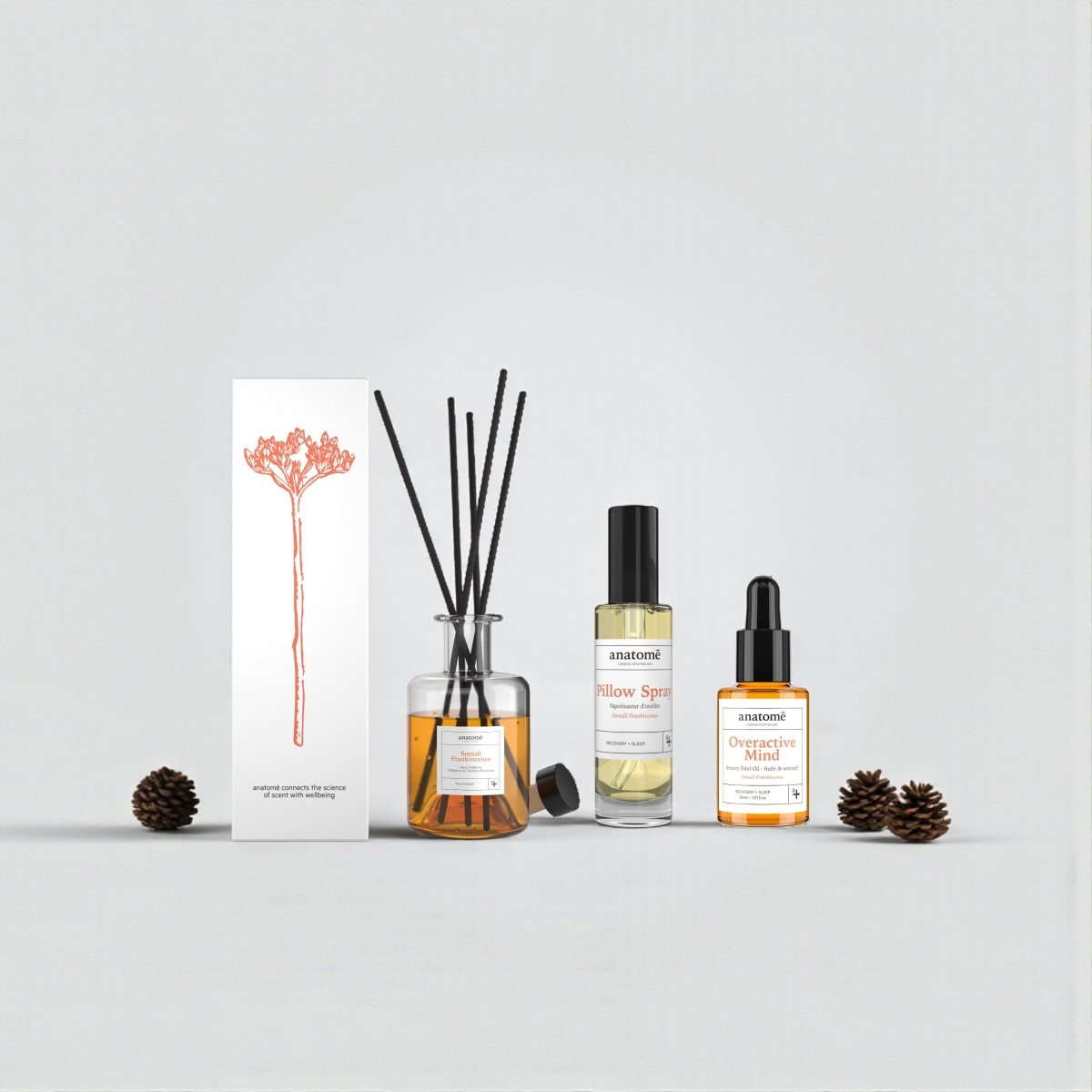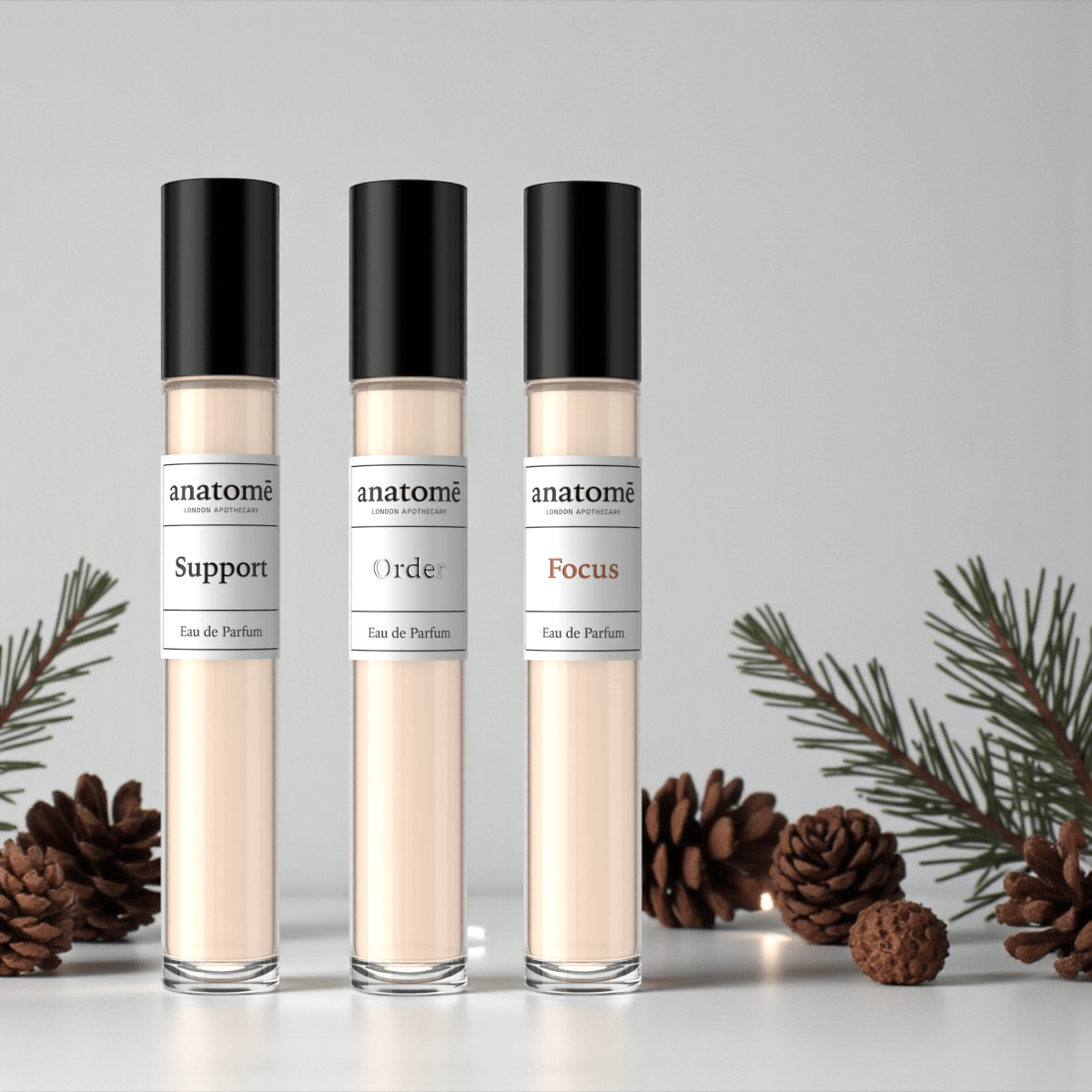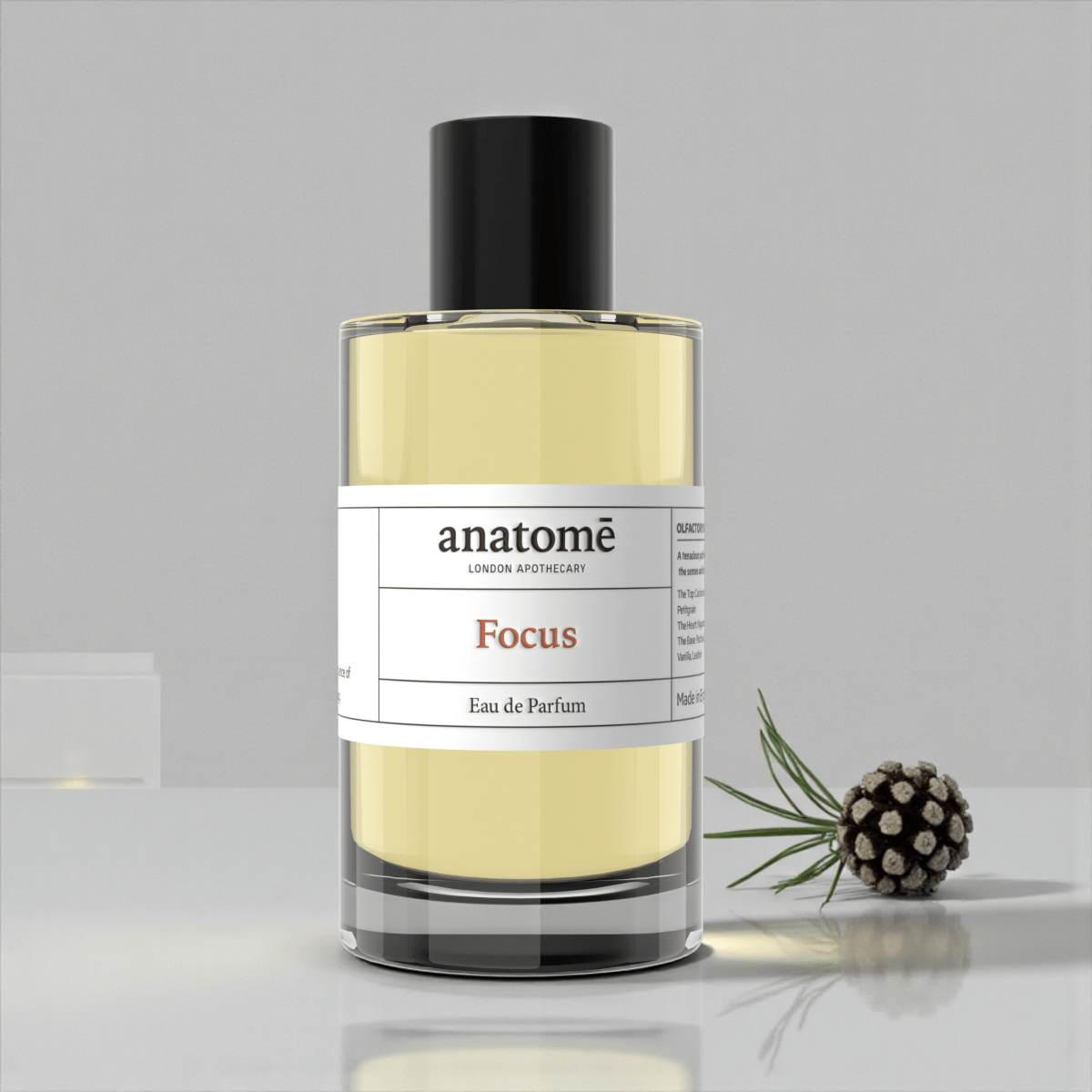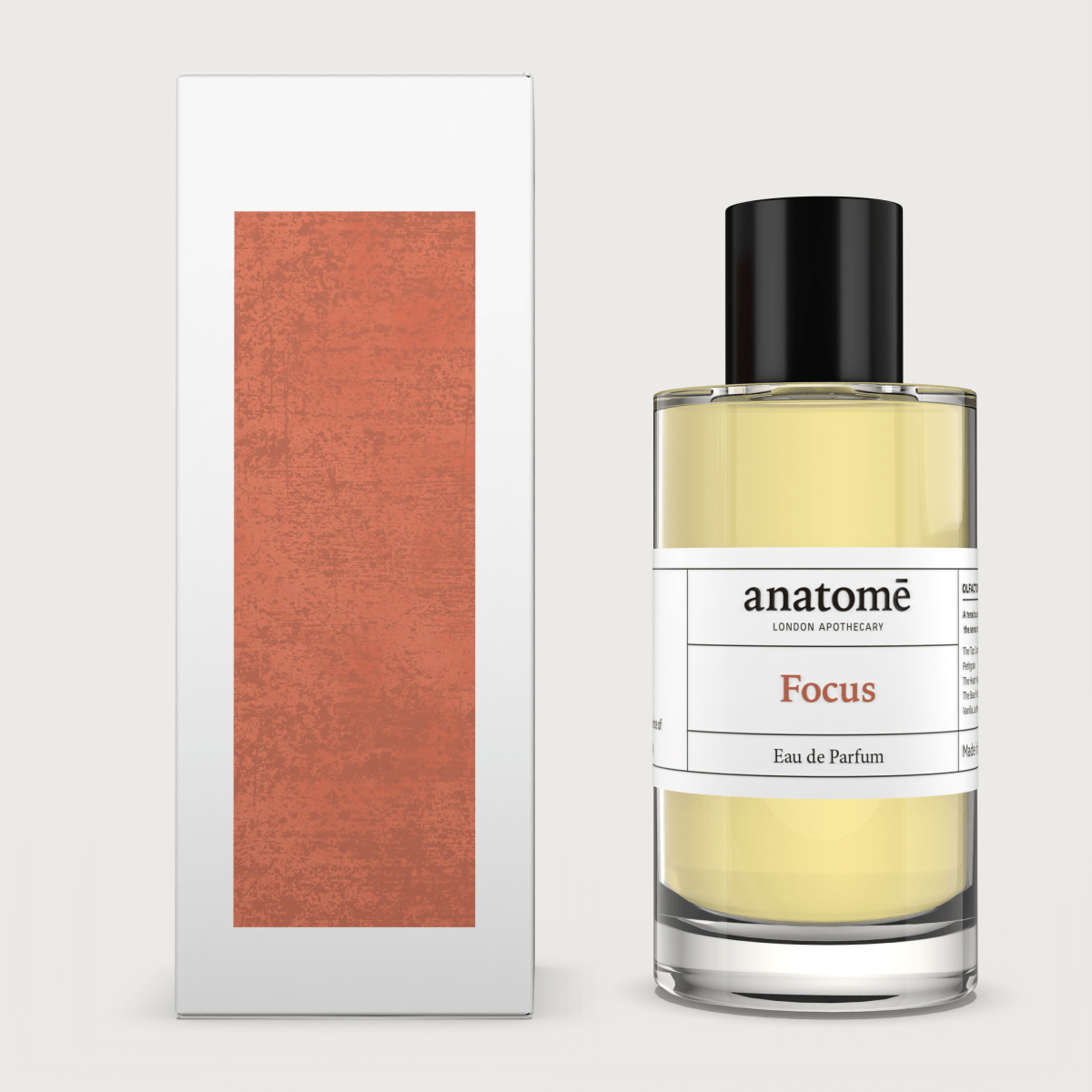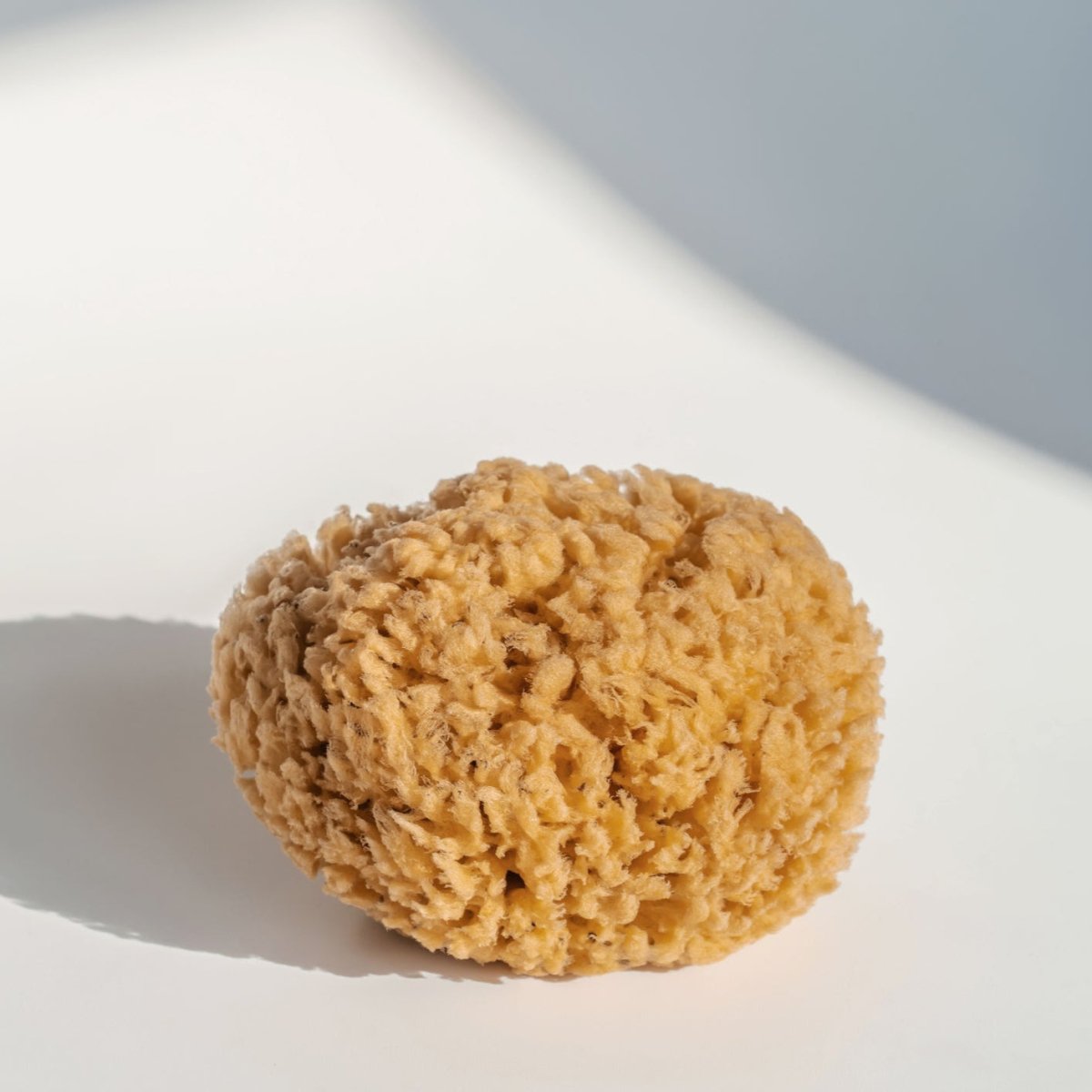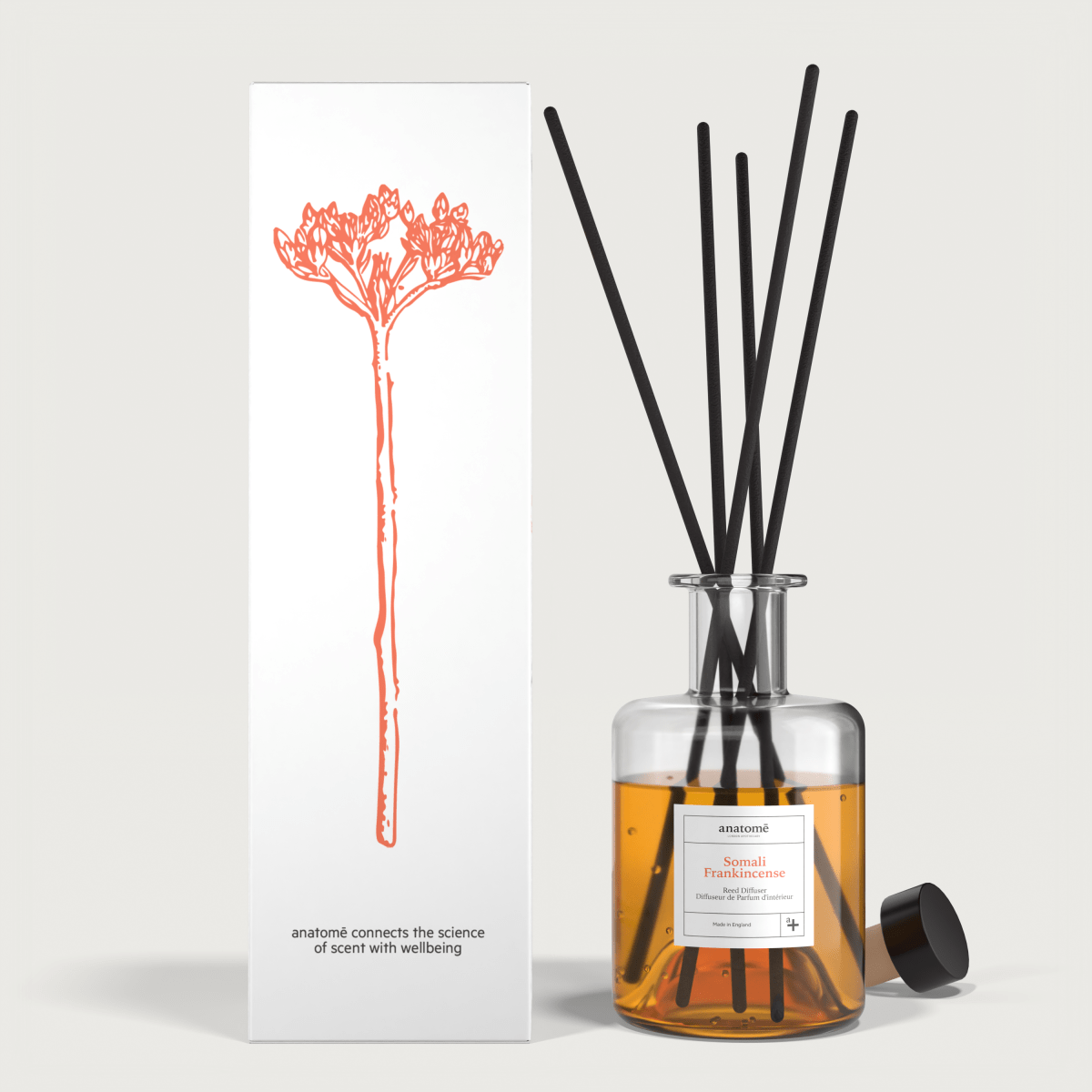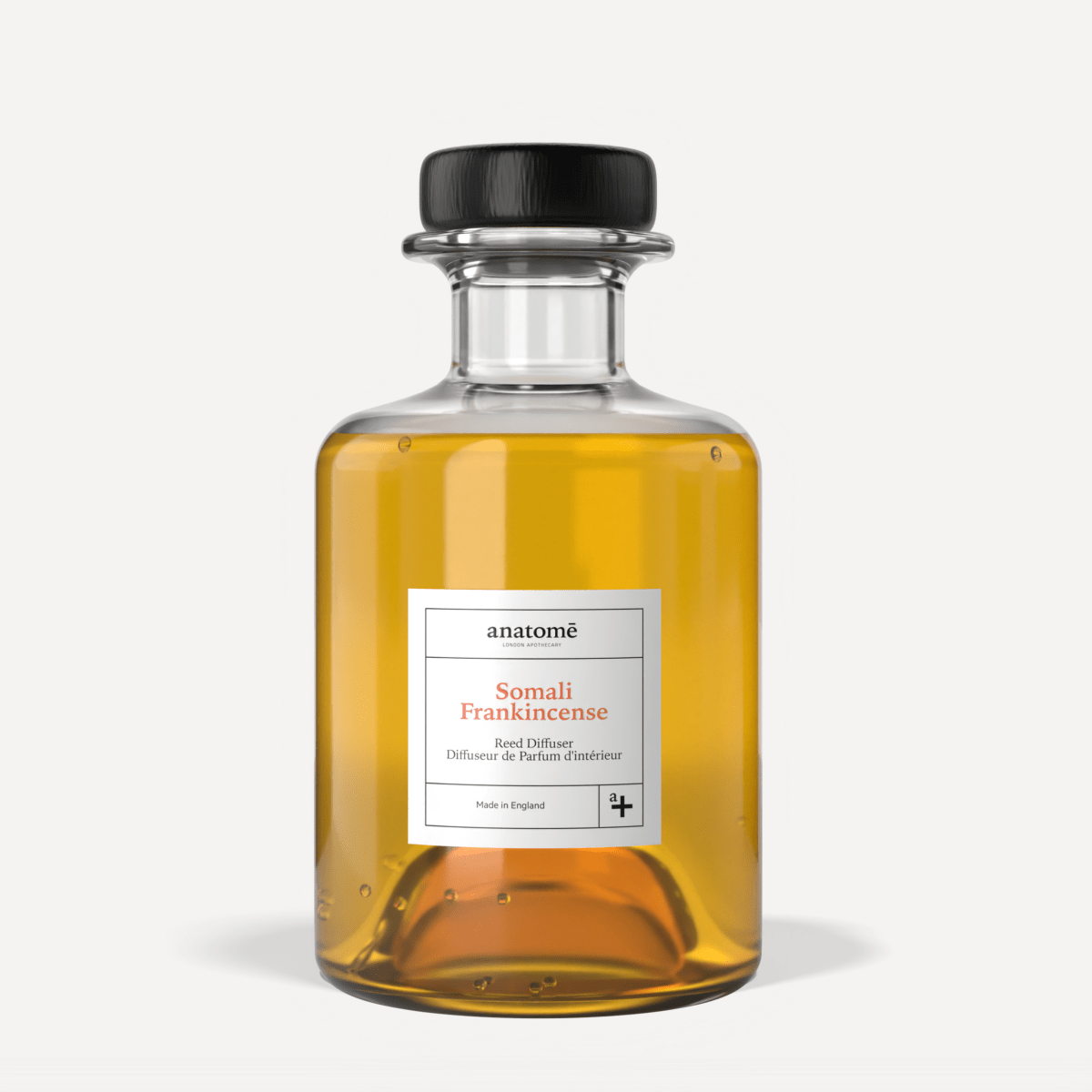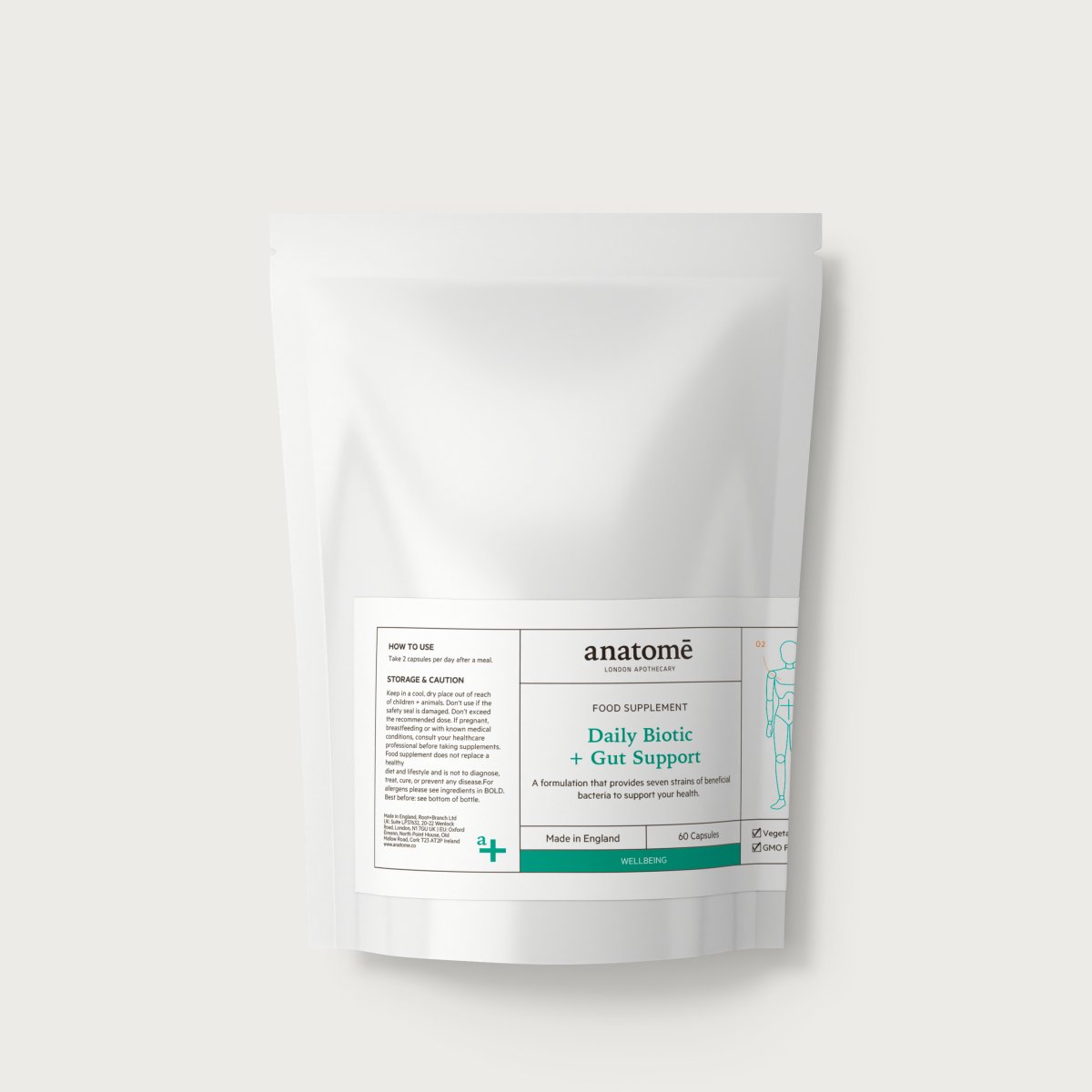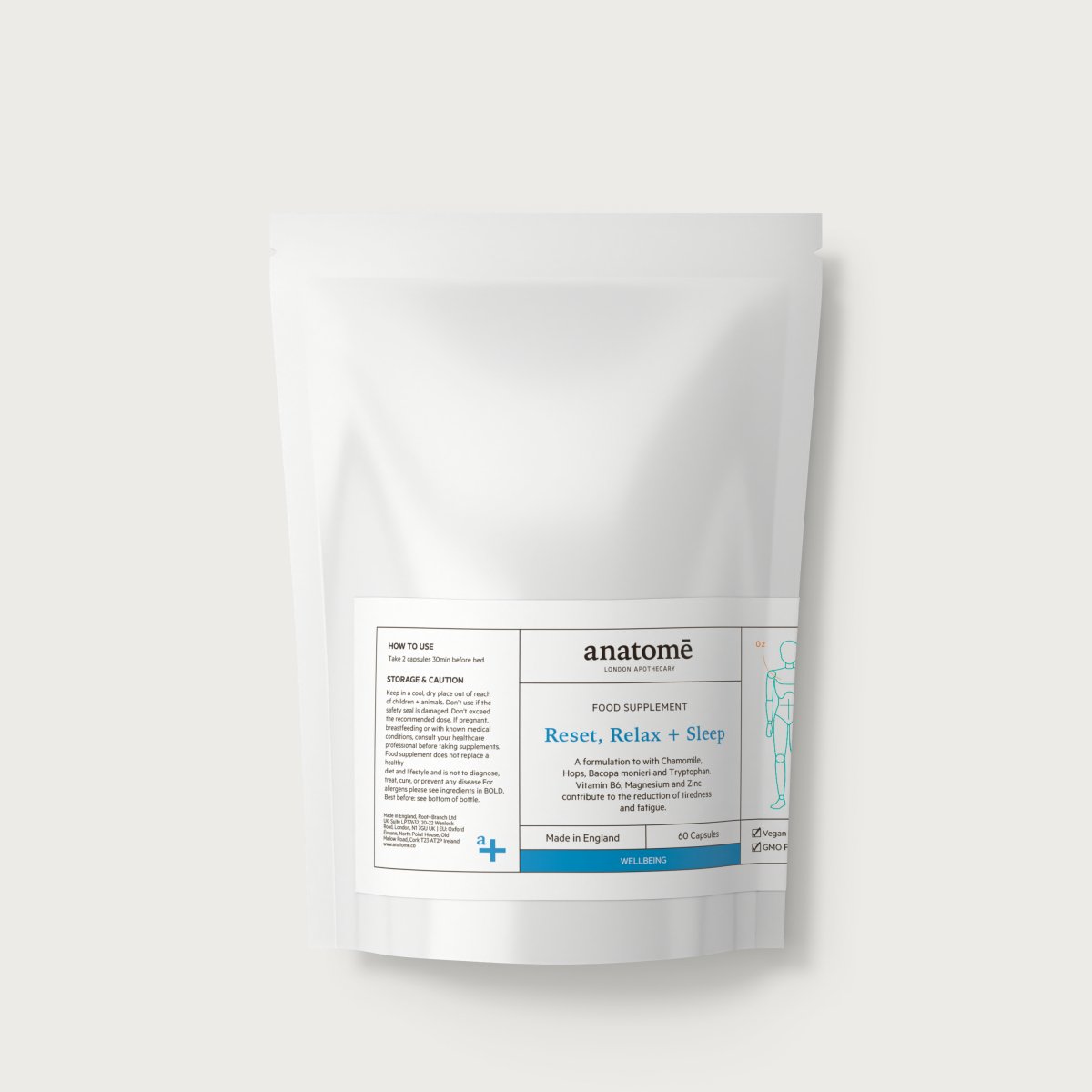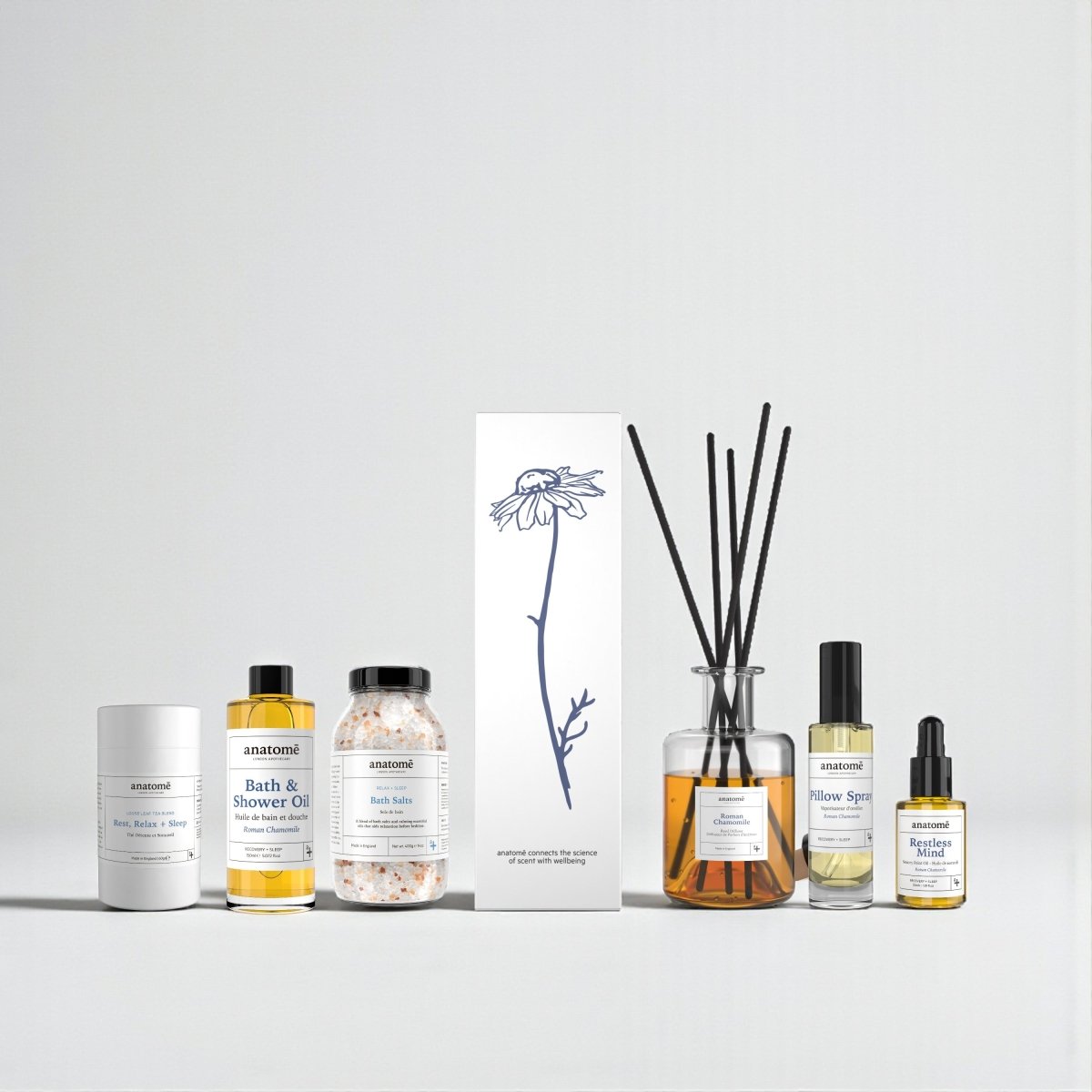Adaptogens keep cropping up in the world of health and beauty, but it's hard to know exactly what they are and why it is in the zeitgeist at the moment. Adaptogens are herbs known for their unique ability to “adapt” their function according to the specific needs of the body. Adaptogenic herbs stimulate the body’s hormonal response to improve the body’s functions and our overall health. They were first discovered when researchers discovered berries and seeds eaten by native hunters reduced their thirst, hunger, and exhaustion (1). Adaptogens help our bodies fight the effects of stressors, which means that they have a number of benefits, but they can be difficult to include in a standard Western diet. Below we take a look at our four favourite adaptogens, their benefits, and how to include them in your daily diet.
Lion’s Mane Mushroom
Lion’s Mane Mushroom (Hericium erinaceus) is a unique mushroom in both its appearance and its function. It’s a powerful catalyst for brain cell regeneration, which helps improve memory and cognition. The primary active compounds are hericenones and erinacines. Hericenones help your brain produce more nerve growth factor, a hormone that boosts and stimulates nerve reparation and growth. While erinacines easily crosses the blood-brain barrier to boost the production of neurons. The benefits of Lion’s Mane Mushroom include: potential protection against dementia (2), relieves mild symptoms of depression and anxiety (3), may speed up recovery from nervous system injuries (4), reduces inflammation and oxidative stress (5), boosts the Immune System (6), and more.
Ashwagandha
Ashwagandha (Withania somnifera) is one of the most important herbs in Ayurveda, a form of alternative medicine based on Indian principles of natural healing. It has been used for over 3,000 years to relieve stress, increase energy levels, and improve concentration. A number of studies suggest that it has anxiolytic (anti-anxiety) effects (7). Studies have shown that ashwagandha may help reduce cortisol levels. In one study in chronically stressed adults, those who supplemented with ashwagandha had significantly greater reductions in cortisol, compared with the control group. Those taking the highest dose experienced a 30% reduction, on average (8). Not only that though, Ashwagandha has a number of benefits that include: reducing blood sugar (9), may help alleviate depression (10), may reduce inflammation (11), may improve brain function (12), and more.
Rhodiola
Rhodiola (Rhodiola rosea) is an adaptogen from the cold, mountainous regions of Europe and Asia. People in Russia and Scandinavia have utilised the roots of the plant for centuries for its anxiolytic, energising and mood boosting properties. A number of studies have proven its adaptogenic properties. One study in particular looked at the effects of rhodiola extract in 100 people with high levels of stress. It found that after just three days of use, there were improvements in symptoms associated with stress, like fatigue, exhaustion and anxiety (13). Rhodiola isn’t only good for reducing stress though. Its benefits include: alleviating fatigue (14), could help reduce symptoms of depression (15), improves brain function (16), can improve exercise performance (17), and more.
Siberian Ginseng
While it's called ginseng, Siberian Ginseng (Eleutherococcus senticosus) is actually from a different family than other, more traditional ginsengs. It's from Northeastern Asia and has been used for centuries. One double-blind trial was conducted in workers that had been diagnosed with burnout syndrome, and found that use of Siberian Ginseng helped to improve the symptoms of burnout, including exhaustion, depression, and stress (18). Not only that though, Siberian Ginseng has been found to have benefits like, a boosted immune system (19), improved cognitive function (19), improved performance (20), and more.
One of the issues with adaptogens is that they can be hard to find and include in a Western diet. But that’s where supplements come in, they help you to include these rare ingredients in your diet so you can boost your brain function, reduce your stress, balance your hormones, and more. For another way to introduce them into your diet, try out this recipe. It’s worth giving them a chance to see if they can help you with your specific needs.
References:
- https://www.ncbi.nlm.nih.gov/pmc/articles/PMC3991026/
- https://pubmed.ncbi.nlm.nih.gov/24266378/
- https://www.ncbi.nlm.nih.gov/pubmed/26150007
- https://www.ncbi.nlm.nih.gov/pubmed/21941586
- https://www.ncbi.nlm.nih.gov/pubmed/25529054
- https://www.ncbi.nlm.nih.gov/pubmed/22624604
- https://www.sciencedirect.com/science/article/abs/pii/S0944711300800306?via%3Dihub
- https://blog.priceplow.com/wp-content/uploads/2014/08/withania_review.pdf
- https://www.ncbi.nlm.nih.gov/pubmed/23125505
- https://pubmed.ncbi.nlm.nih.gov/23439798/
- https://www.ncbi.nlm.nih.gov/pubmed/25803089
- https://www.ncbi.nlm.nih.gov/pubmed/22700086
- https://www.ncbi.nlm.nih.gov/pubmed/22228617
- https://www.ncbi.nlm.nih.gov/pubmed/19016404
- https://www.ncbi.nlm.nih.gov/pmc/articles/PMC3660126/
- https://www.ncbi.nlm.nih.gov/pubmed/11081987
- https://www.ncbi.nlm.nih.gov/pubmed/23443221
- https://journals.sagepub.com/doi/pdf/10.1177/0300060514558324
- https://europepmc.org/article/med/11749801
- https://journals.humankinetics.com/view/journals/ijsnem/10/4/article-p444.xml

